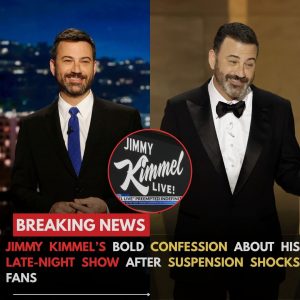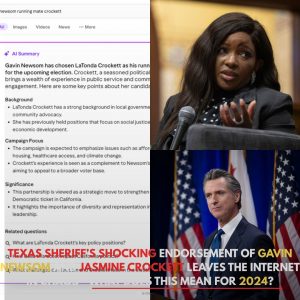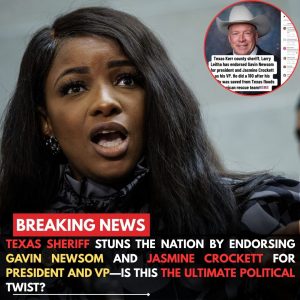dramatic turn this week, as the league formally moved to dismiss his lawsuit after the case was sent back to Nevada state court. The motion marks the league’s latest attempt to end a bitter public dispute that has exposed internal communications, challenged the NFL’s handling of workplace investigations, and reignited debate over transparency and accountability within the league’s power structure.
The legal saga began in 2021, when a series of leaked emails led to Gruden’s sudden resignation from the Raiders. The messages, sent over several years while Gruden was working as a broadcaster, contained racist, misogynistic, and homophobic language. The leaks surfaced during the NFL’s investigation into the Washington Commanders’ workplace culture—but only Gruden’s emails became public. The fallout was swift: within days, he was out of the league, his reputation in tatters.
Gruden responded with a lawsuit, accusing the NFL and Commissioner Roger Goodell of orchestrating a “malicious and selective leak” designed to destroy his career. His legal team argued that the league had acted in bad faith, intentionally releasing private correspondence to pressure the Raiders into terminating his contract. The NFL denied the accusations and immediately sought to move the case from Nevada state court to federal court, citing broader jurisdictional authority.
For months, the two sides battled not just over the merits of the case, but over where it should be heard. In July, a federal appeals court ruled that the case should indeed return to Nevada state court—a significant procedural win for Gruden, who had long argued that a local jury should determine whether he was unfairly targeted. The NFL’s latest motion to dismiss, therefore, represents both a legal counterpunch and a statement of confidence that Gruden’s claims cannot withstand judicial scrutiny.

In its filing, the league reiterated its position that it had “no role in the public disclosure of the emails” and that Gruden’s lawsuit “rests on speculation rather than evidence.” League attorneys also argued that Gruden, as a public figure, cannot claim defamation without proof of actual malice—an extraordinarily high bar to meet. “The law is clear,” one section of the motion read, “that the dissemination of accurate information, no matter how unflattering, does not constitute unlawful conduct.”
Gruden’s legal team, however, remains undeterred. In a statement released through his attorney, Adam Hosmer-Henner, they reaffirmed their intention to continue fighting the case in state court. “Coach Gruden has always sought a fair hearing before a Nevada jury,” the statement said. “We look forward to presenting the evidence that the NFL selectively leaked emails to force his resignation and damage his reputation.”
For legal experts, the case is a fascinating collision between privacy, power, and public image. “This isn’t just about Jon Gruden,” said University of Nevada law professor Marianne Wood. “It’s about how much control the NFL exerts over its internal investigations and the narratives that follow. If Gruden can prove intent behind the leak, it could set a precedent that makes future league probes far more transparent.”
The league, meanwhile, has a strong incentive to shut the door on the case before discovery—when both sides would gain access to internal communications and records—moves forward. Such a phase could reveal more about how the NFL managed the Washington Commanders’ investigation and the handling of Gruden’s emails, potentially reopening wounds the league has tried to heal.
Beyond the courtroom, public opinion remains divided. Some fans view Gruden’s lawsuit as an attempt to deflect responsibility for his own words. Others see him as a scapegoat—an example of selective justice in a system that often shields ownership and top executives from equal scrutiny. “If the league leaked his emails to protect others, that’s a huge problem,” one longtime fan wrote on Reddit. “Either everyone’s accountable, or no one is.”
Inside league circles, the case has also sparked quiet unease. Several team officials, speaking anonymously to The Athletic, suggested that the NFL’s fear of discovery is genuine. “If this goes to trial,” one executive said, “we could see more internal communications come to light than the league ever wanted.”
At the center of it all is Gruden himself—a coach once celebrated for his fiery personality and Super Bowl success with the Tampa Bay Buccaneers, now largely absent from the football landscape. Since his resignation, Gruden has kept a low profile, occasionally surfacing at college practices or youth football events. Yet by pursuing the lawsuit, he’s made clear his desire not just for compensation, but vindication.
As of now, the Nevada state court is reviewing the NFL’s motion to dismiss, with a hearing expected later this year. If the motion is denied, the case would move into discovery—potentially dragging the league into months, if not years, of uncomfortable revelations. If granted, it could mark the end of Gruden’s legal challenge, leaving the 60-year-old coach with limited recourse.
For both sides, the stakes are immense. For Gruden, the outcome could define how history remembers him: as a disgraced coach or as a man wronged by the most powerful sports league in America. For the NFL, it’s about protecting the shield—its brand, its confidentiality, and its ability to control the narrative around its investigations.
The public, meanwhile, waits for clarity in a story that has been anything but clear since day one. The question lingering over every headline remains simple: who leaked the emails, and why?
Until a court answers that, Jon Gruden’s battle with the NFL will continue to cast a long, uneasy shadow over the sport he once helped define.






